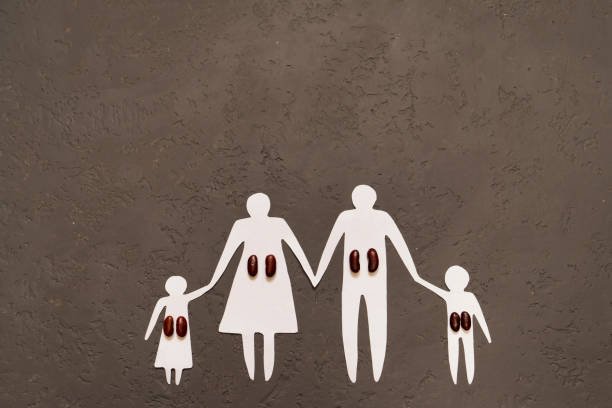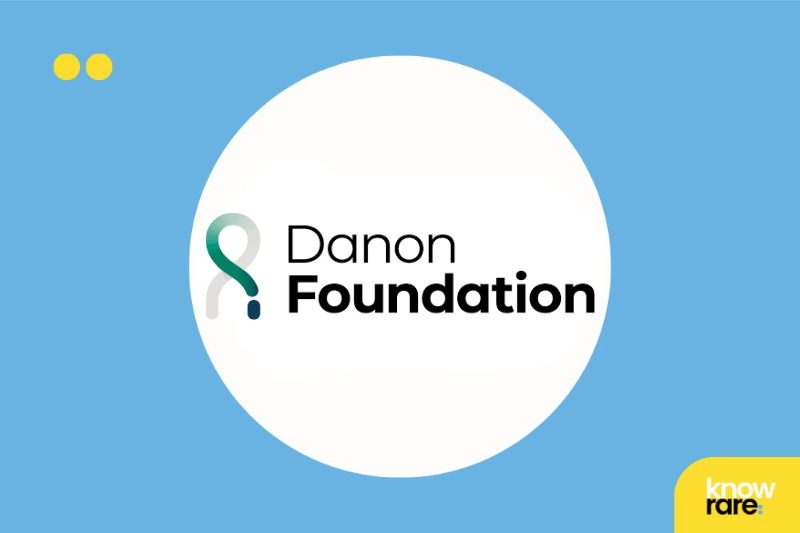IgA Nephropathy Patients With Family History Face Higher Kidney Risks

IgA Nephropathy (IgAN) is most common in Asians, less common in Europeans, and rare in people of African descent. It is believed that both genetics and location may affect how the disease develops. About 75% of people with IgAN and 30 to 40% of their close relatives have a certain type of abnormal IgA antibody in their blood, which can be inherited. This IgA antibody is found in people of all backgrounds, suggesting a shared cause.
Though most cases of IgA Nephropathy occur randomly, a small number are seen in families, and more research is needed to understand the impact of family history (FH) in IgAN. A recent clinical research study of 467 IgAN patients who were confirmed to have either positive- or negative- FH were followed for an average of about 9 years. This study looked at whether IgA Nephropathy patients in Japan with family kidney problems had worse kidney outcomes.
Around 1 in 8 IgAN patients in the study had a family history of kidney disease, and their disease severity (amount of protein in the urine and level of eGFR waste products in the blood) was compared to those without a family history.
Although the two groups were similar in many ways, the group with family history had worse kidney health at their diagnosis and continued to decline more over time. From this study, which was conducted in a single center, researchers came to the conclusion that IgAN patients with a family history of kidney disease face a higher risk of kidney failure than those without family history.
If your family has had kidney failure or glomerulonephritis, your kidney outlook may be worse. These three factors—family history, proteinuria (protein levels high in the urine), and low eGFR (waste materials in the blood)—each, and together, can affect how kidney disease can progress.
An important action to take when you’re diagnosed with IgAN: Make sure your specialists are aware of your family’s history with IgA Nephropathy, especially if a first-degree relative (parents, siblings, or grandparents) was diagnosed with it.
Source: Yoshinori S, Tsukaguchi H. Positive renal familial history in IgA Nephropathy is associated with worse renal outcomes: a single-center longitudinal study. BMC Nephrology 2021; 22:230.
If you would like to receive the latest news and articles about IgAN, fill out the form below to sign up to our newsletter:






























